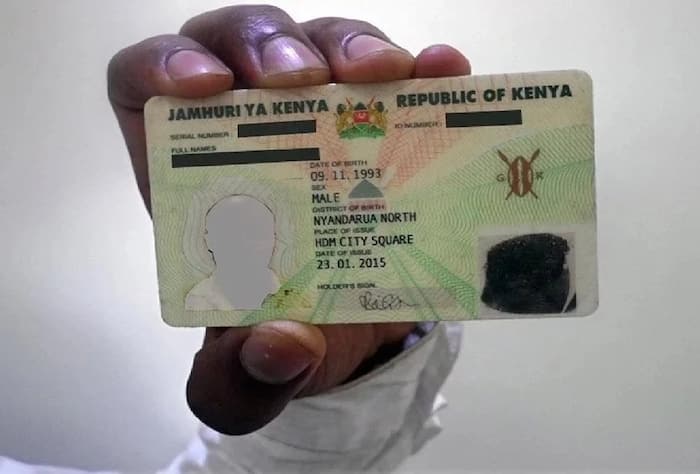Kenyans will be required to renew their National Identity (ID) cards every ten years starting soon, following a new government policy that aligns the country with international best practices.
This brings Kenya in line with other African nations like Uganda, Tanzania, Nigeria, and Senegal, as well as France, all of which utilize microchip-embedded ID cards.
The renewal process, according to Julius Bitok, Principal Secretary for Immigration and Citizen Services, will not necessitate the resubmission of biometric data.
However, applicants will be required to update their passport-sized photographs to account for potential physical changes over the decade.
"Holders will need to renew their National ID cards every ten years. This is a standard practice in countries such as Uganda, Tanzania, Nigeria, Senegal, and France, among others that have implemented an ID with a microchip," Bitok stated.
Read More
"Applicants seeking renewal of expired National ID cards will not be required to undertake fresh biometrics. However, they will retake their passport-sized photos due to potential changes in facial features over the years."
Bitok highlighted the National Registration Bureau's (NRB) commitment to meeting the increasing demand for these essential services.
To accommodate this, the NRB has invested in a state-of-the-art printer, significantly boosting its daily card production capacity.
"To meet the rising demand for services, NRB has acquired a modern printer and enhanced the printing capacity to 30,000 National ID Cards per day against an average demand of 10,000 application," noted Bitok.
Bitok emphasized the government's commitment to ensuring all eligible Kenyans possess the National ID card, underscoring its status as a constitutional right.
The introduction of the 10-year renewal cycle is set to take effect immediately, with authorities urging eligible citizens to familiarize themselves with the new guidelines to avoid any delays in acquiring their updated National ID cards.











